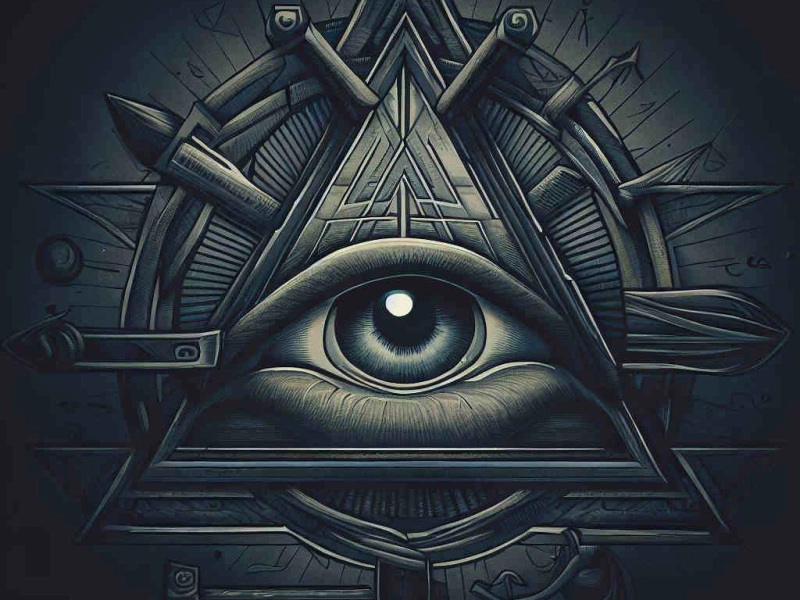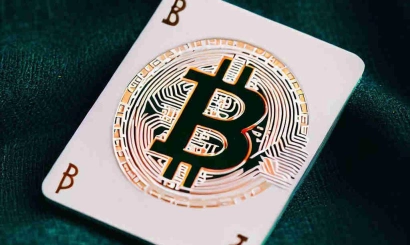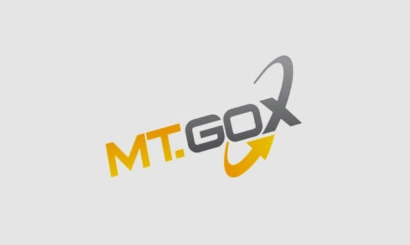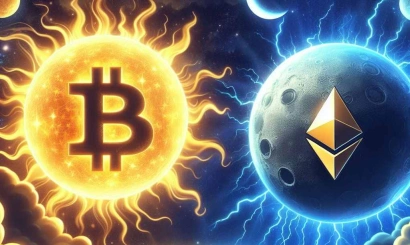Around the world, biometrics are being surrendered to Worldcoin operators. How it happens
Reporters from several publications asked participants in the Wolrdcoin token distribution why they should voluntarily submit biometrics
Journalists interviewed participants of the eyeball scanning procedure in exchange for WLD tokens in several countries and shared their own impressions of the process
Since the launch of the Worldcoin project, people around the world have been scanning their eyeballs in exchange for a digital ID and the opportunity to receive free crypto-tokens, despite concerns about data privacy.
The Worldcoin Project was founded by Sam Altman, CEO of OpenAI, the developer of chatbot company ChatGPT. Its goal is to create a new "identity and financial network," and its own digital World ID should allow holders to confirm online that they are indeed humans and not bots, among other things.
Tokens for iris. What are the chances for the new project of the creator of ChatGPT?
Altman shared a video that shows people lining up to have their iris scanned for an ID in exchange for Worldcoin (WLD) tokens. The project launched on Monday, with eye scans via devices called Orb being conducted in several countries at once, including the UK, India, and Japan. A video published by Altman shows a long line of Japanese people reportedly waiting to receive 25 WLD tokens (roughly $50 at the exchange rate at the time of publication). "Every 8 seconds, one person is verified," Altman wrote.
Orb is a biometric verification device that issues a World ID to the user upon successful collection of biometric data. The company plans to open Orb verification points around the world to speed up the process globally.
- "It's just about tokens."
Even before the token was launched and listed on cryptocurrency exchanges, Worldcoin's partner operators in various countries had already managed to collect about two million IDs. After wide media coverage and a new stage of excitement around the project related to the launch of the WLD token, various publications sent reporters to the sites of iris scanning by Worldcoin operators.
Bloomberg journalist Lionel Laurent took part in obtaining a World ID in France. Here's how he describes the process:
"I found it hard to believe that there would actually be anyone among the French willing to peer into the chrome sphere for a few tokens, at least without wondering about the existence of a black market for Worldcoin IDs in China. But I was wrong, there was a whole line of people lined up behind me wanting a glimpse into the sphere, consisting mostly of modernly dressed men. They didn't chat much, their goal was clearly to get their free tokens; privacy seemed to bother them much less. The process itself takes seconds: the app generates a QR code, the balloon scans it, and then I just stare through its peephole for a few seconds. Worldcoin sees the future as their pay-for-data devices popping up everywhere. You can imagine people's reaction if their own all-seeing balls were taken up by the government."
"Those of the participants I was able to talk to showed little interest in the utopian (or dystopian) ideals that worry Worldcoin's critics. It was all about the tokens," Callan Quinn, who participated in the World ID pickup in Hong Kong, wrote in a report for DL News.
Only two of those interviewed by WIRED reporter Joel Khalili, participants in the eye scanning procedure in London, said they came primarily because of interest in Altman's persona, ChatGPT, and his company's other artificial intelligence initiatives.
Others, even if they showed a passing interest in World ID directly, came primarily for the reward of cryptocurrency. One participant explained that he was betting that Worldcoin could be "the next bitcoin."
Another participant interviewed also immediately shared openly that he came specifically because of the token giveaway. "I remember hearing about Bitcoin 10 years ago when it was $8 but didn't pay attention to it. Maybe nothing will come of it, and yes, I gave away my iris, but it only took five minutes."
- "A little scary."
One Reuters reporter visited a cryptocurrency conference taking place in Tokyo on July 25, which was also attended by Worldcoin operators. At the event, people lined up in front of the Orb device. Those willing to have their irises scanned in exchange for tokens told a reporter that curiosity about the project outweighed concerns about data collection.
"There is certainly some risk in having a private company collect biometric data, but on the other hand, I like to keep an eye on actual crypto projects," a 33-year-old participant told the reporter, adding that he was "a bit scared" to have his eye scanned.
Another Reuters reporter visited one of the Worldcoin operators' locations in London. "Two Worldcoin representatives were helping a small group of participants download the app and get scanned, and afterward handed out free T-shirts and stickers that read 'Verified Human,'" he described what he saw.
One attendee said he was "intrigued" by the project. He follows the development of artificial intelligence and the crypto sphere, buying cryptocurrencies "just for fun." "I think that in the future artificial intelligence will be hard to distinguish from humans and that the project potentially solves that problem, and that's pretty amazing," he revealed, declining to give his full name "for privacy reasons."
The 22-year-old said he invested part of his student loan in cryptocurrency, which he said he came to the scan with his brother, whom he told that "You can get free money." A similar motivation is mostly found among participants in the procedure at Indian locations, as also reported by the agency's reporters.
In the terms and conditions of Worldcoin's privacy policy, it says that biometric data can be shared with subcontractors and can be accessed by government agencies. On the other hand, it also states that "the company takes risk mitigation measures and uses encryption to prevent unauthorized access."
The project has already attracted the attention of regulatory bodies: the British regulator is making inquiries about the launch of Worldcoin, and France has also initiated a joint investigation with Germany into the legality of the collection of biometric data by project operators.
- Investment Idea: Four altcoins for a profitable portfolio
- Crypto.com received a license from the Dutch Central Bank after Binance left the country
- Morgan Creek CEO predicts bitcoin to grow to $300k by 2028
- Millions by correspondence. What is the popularity of cryptocurrency trading bots in Telegram?
- South Korea introduces measures to combat cryptocurrency crime
- Robert Kennedy Jr. bought 14 bitcoins for his children
- Coinbase CEO: SEC required crypto exchange to trade only bitcoin




_410x245_00e.webp)


